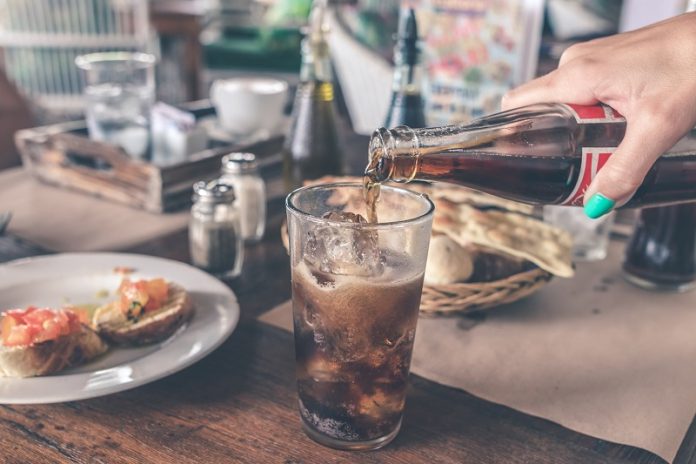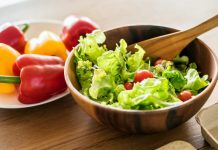
A recent study suggests that women with breast cancer who regularly drink sugar-sweetened soda are at a higher risk of death from any cause and from breast cancer specifically.
Women who reported drinking non-diet soda five or more times a week had a 62% higher likelihood of dying from any cause and were 85% more likely to die from breast cancer.
The Research
The study, carried out by researchers from the University at Buffalo and published in Cancer Epidemiology, Biomarkers & Prevention, looked at the relationship between the consumption of sugar-sweetened soda and mortality among 927 women diagnosed with breast cancer, aged between 35 and 79.
These women were part of the Western New York Exposures and Breast Cancer (WEB) Study and were tracked for nearly 19 years on average.
Researchers used a food frequency questionnaire to assess participants’ food and beverage intake in the 12 to 24 months prior to diagnosis.
By the end of the follow-up period, 41% of the women diagnosed with breast cancer had died.
There was a higher percentage of deaths among women who reported high consumption of sugar-sweetened soda compared to those who were still alive.
The associations did not change when the researchers included diet soda consumption as a variable in their analysis.
Why Non-Diet Soda?
The lead author, Nadia Koyratty, explains that non-diet sodas are the highest contributors of sugar and extra calories to the diet without adding any nutritional benefits.
By contrast, teas, coffees, and 100% fruit juices, unless sugars are added, are healthier beverage options because they contribute to nutritive value through antioxidants and vitamins.
Sugar-sweetened sodas contain large quantities of sucrose and fructose, giving them a higher glycemic load compared to other foods or beverages.
The higher concentrations of glucose and insulin might lead to conditions associated with a higher risk of breast cancer.
The Importance of the Study
Senior author Jo L. Freudenheim emphasizes the need to understand the factors that affect the health of the more than 3.5 million breast cancer survivors alive in the US today.
While the study’s findings need to be confirmed by more research, it suggests that diet could impact the longevity of women after breast cancer.
The study’s funding came from the Army Medical Research and Material Command, National Cancer Institute, and the National Institute on Alcohol Abuse and Alcoholism.
If you care about health, please read studies about supplements that could strongly reduce cancer death, and blood pressure drugs plus chemotherapy could reduce triple-negative breast cancer.
For more information about health, please see recent studies about a new way to halt excessive inflammation, and results showing dietary supplement that fights resistance in breast cancer.
The study was published in Cancer Epidemiology, Biomarkers & Prevention.
Copyright © 2023 Knowridge Science Report. All rights reserved.



